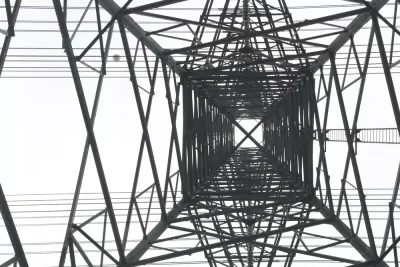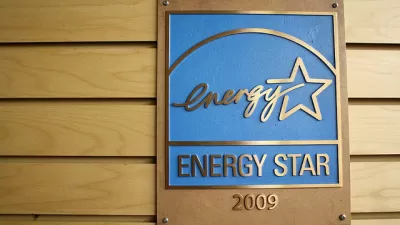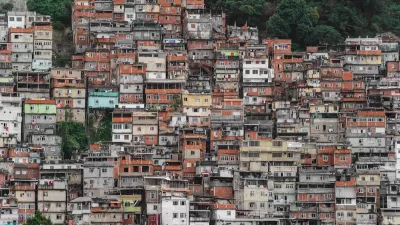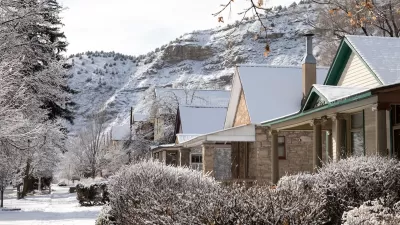Preventing electricity losses makes power generation more efficient. Those efficiencies translate into lower emissions.

A report published in Nature shows improvements in the world electrical grid to slow the progress of climate change. "In a new study, Jordaan and Surana estimate that energy lost in the grid results in the release of nearly a billion tons of extra carbon dioxide equivalents into Earth's atmosphere each year," Nala Rogers reports for Inside Climate. After energy is produced, it must travel to the place where it will be put to use. Much of the world’s energy is lost before it gets to the place it's needed. Existing technology could be used to improve grids and curb those losses that improvement in efficiency could translate into a big cut in the amount of carbon dioxide released into the atmosphere.
The problem of grid efficiency exists in the developing world and in the developed world, but the characteristics of grid efficiency vary by geaography. While countries like Haiti and Iraq lost an estimated half of their power before it was delivered, countries like the United States consume a much greater amount of power so small improvement translate into huge efficiencies. "For example, the U.S. lost about 6% of its power in 2016. The study suggests that by reducing those losses to 3.2%, Americans could cut their greenhouse gas emissions by about 29 million metric tons per year -- more than the total yearly emissions of Lebanon," Rogers reports.
The study is the first of its kind, and while some have challenged the scale of possible savings, even the study's critics were quick to concede the importance of the issue. The study's authors contend the estimates are conservative given the scale of the issue.
FULL STORY: Improving Electrical Grids Could Help Protect the Climate

Planetizen Federal Action Tracker
A weekly monitor of how Trump’s orders and actions are impacting planners and planning in America.

Restaurant Patios Were a Pandemic Win — Why Were They so Hard to Keep?
Social distancing requirements and changes in travel patterns prompted cities to pilot new uses for street and sidewalk space. Then it got complicated.

Map: Where Senate Republicans Want to Sell Your Public Lands
For public land advocates, the Senate Republicans’ proposal to sell millions of acres of public land in the West is “the biggest fight of their careers.”

Maui's Vacation Rental Debate Turns Ugly
Verbal attacks, misinformation campaigns and fistfights plague a high-stakes debate to convert thousands of vacation rentals into long-term housing.

San Francisco Suspends Traffic Calming Amidst Record Deaths
Citing “a challenging fiscal landscape,” the city will cease the program on the heels of 42 traffic deaths, including 24 pedestrians.

California Homeless Arrests, Citations Spike After Ruling
An investigation reveals that anti-homeless actions increased up to 500% after Grants Pass v. Johnson — even in cities claiming no policy change.
Urban Design for Planners 1: Software Tools
This six-course series explores essential urban design concepts using open source software and equips planners with the tools they need to participate fully in the urban design process.
Planning for Universal Design
Learn the tools for implementing Universal Design in planning regulations.
Heyer Gruel & Associates PA
JM Goldson LLC
Custer County Colorado
City of Camden Redevelopment Agency
City of Astoria
Transportation Research & Education Center (TREC) at Portland State University
Camden Redevelopment Agency
City of Claremont
Municipality of Princeton (NJ)





























